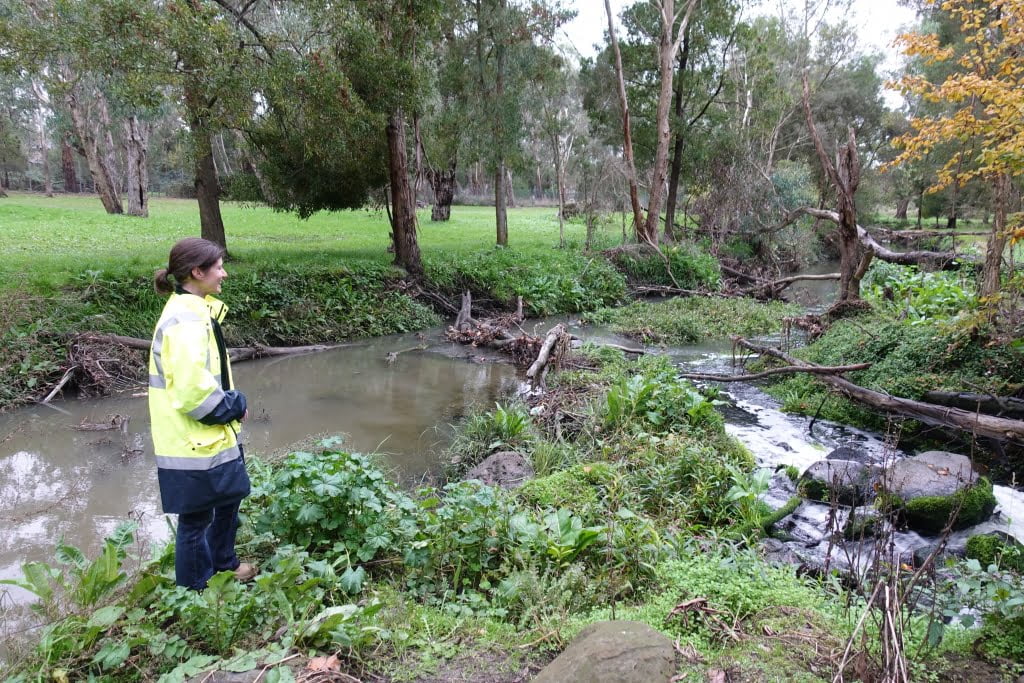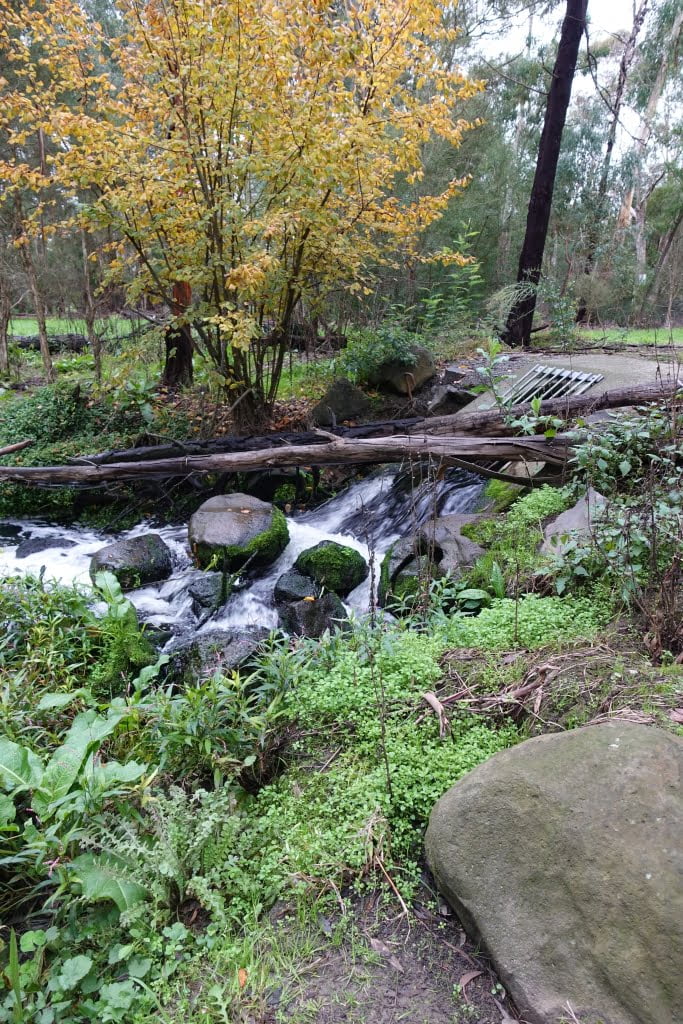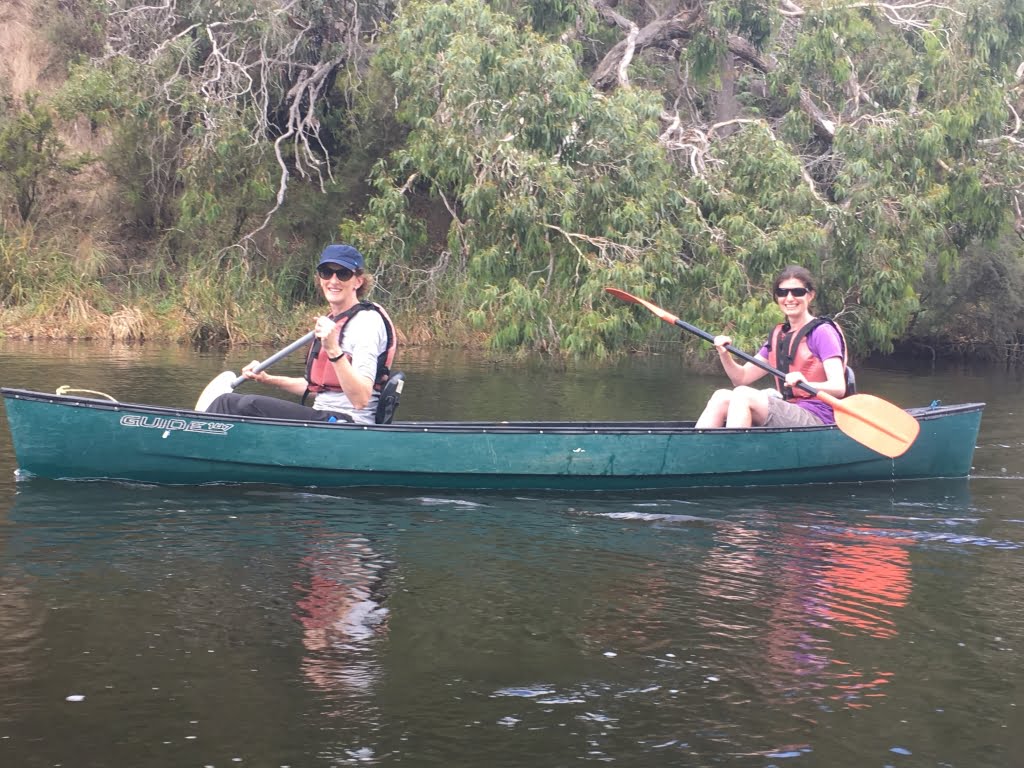Twinning Partnership
Mentee: Ruth McDonnell – Yarra Valley Water
Mentor: Fiona Spruzen – Department of Environment Land, Water and Planning
Our Goals:
Ruth and Fiona both joined the Twinning program to create new networks and wider connections in the waterway health world. Ruth wanted to seek project guidance and channel her mentor’s expertise towards project outcomes. Fiona wanted to feel revitalised by challenging herself, and was also hopeful that she could help someone to grow and develop in their career.
The project was to understand the impact of Yarra Valley Water’s Sewage Treatment Plants (STPs) on waterways, which would lead towards investment decisions that consider the best case outcomes for waterways. The core element of the project was to produce Ecological Risk Assessments (ERAs) for each of the STP discharges which might lead to opportunities to offset the nutrients from treated effluent, for example by stream frontage management such as stock fencing and riparian planting, and potential deferral of costly treatment plant upgrades.

Our Actions:
Fiona and Ruth caught up regularly over the phone, as well as a site visit to tour the Brushy Creek Treatment Plant and downstream waterways. They also met once at Fiona’s DELWP office in the city where she showed Ruth around and introduced her to a few key people.
Ruth thought that there would be a clear path from A to B, ie. from treatment plant impacts to offsets, but that turned out to be very idealistic! The regulatory framework and the specific monitoring proof required to quantify impacts and negotiate solutions, is very complex, and Fiona was able to help Ruth identify the unknowns and make small steps towards navigating this maze. Forming connections and building trust with stakeholders was also a crucial element of this project.

Key LearningS:
Ruth has now scoped out the project, is forming relationships with key stakeholders and has commenced a monitoring program to determine the impacts of the STP discharges.
Fiona has found it really rewarding to have a mentee who is really passionate about her work and the sustainability of our waterways. She was glad to have been able to help Ruth in the progression of her project, and her understanding of waterway health.
Fiona and Ruth discovered a number of links throughout the journey which came as a surprise and established them as a very good fit for a mentoring partnership. These included Fiona’s involvement with an industry project exploring potential benefits of recycled water to waterways.

WHAT DID WE PERSONALLY GAIN FROM THE WATERWAY MANAGEMENT TWINNING PROGRAM?
It turns out that Twinning wasn’t “all about the project”. It was much more than that. It was about “the people behind the project”, and how we could grow and broaden our thinking to improve long-term outcomes, not just single project “blinker-eye” deliverables.
Twinning has been a game-changer for my confidence, and has given me the courage to seek out opportunities to raise the profile of the project and myself. It’s also helped me connect with local waterways and encourage my colleagues to do the same.
I enjoyed regularly touching base with Fiona and having her non-judgemental support and positivity, as well as access to her knowledge and connections. Getting an outsider’s objective view on my project as it progressed, and bouncing ideas off Fiona in an informal and casual way, helped me stay on track and remain motivated for a long-term goal.
– Ruth
I think one of my key learnings from the project is also to go back to the WHY – why are you doing this…and I think that is a really useful way to think about our work and everything we do, especially when talking to stakeholders in the community.
The Twinning program is much more than just a mentoring program – the group work and other sessions that are part of the program, help everyone develop in their personal and professional lives.
– Fiona
[cta id=’49189′]